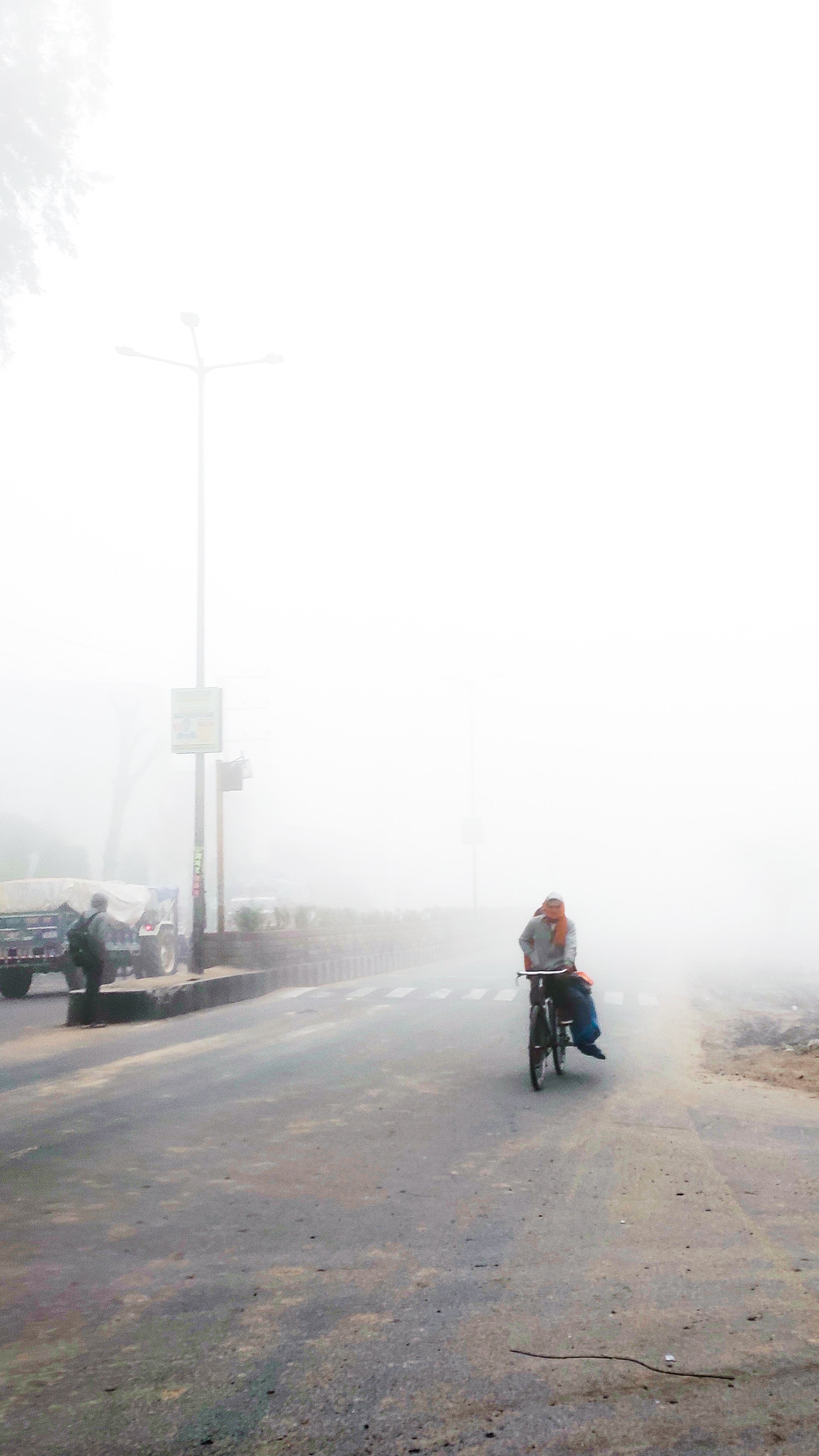The announcement this week of a possible vaccine for Covid-19 becoming a reality sparked a wave of positivity around the globe. It is something that has been long talked about and is seen as one of the best ways to find a way to resume ‘normal’ life. No-one wants to squash this sense of optimism but there does need to be some realism attached.
The situation has not changed the lockdowns that are happening around the world, or the need to continue to wash hands, maintain a distance and wear a mask. There needs to be some cautionary messaging that these safety measures must continue for the foreseeable future.
As a crisis communication consultant you can feel as though you are always bringing a negative message to people. I like to see it more as being realistic and helping people to find the way forward and to understand what the future may look like. The World Health Organisation had a similar approach when it said this week “We may be tired of COVID-19 but it is not tired of us." Read details here.
Enjoy the positive announcement but be prepared for the situation to continue for some time.
An Inclusive Crisis Response
One of the aspects of crisis response that needs more focus and work to develop is ensuring an inclusive approach. This is not just for the communication activity but also for the actions undertaken in response. It is clear through the Covid-19 pandemic that inequalities in communities can be made worse by the crisis response. I was interested to read this opinion piece about the government in Helsinki failing to provide sign language for Covid-19 briefings. Read more here.
When multiple crises hit
I often caution people that crises don’t arrive neatly one after another. You can be in the middle of dealing with one crisis when something else happens. In the middle of the pandemic there have continued to be floods, cyber attacks and fires. In Delhi there are two health crises happening at the same time - Covid-19 and pollution. Read about the situation here.
In Brief
The European Union has proposed creating a European Health Union. Read about it here.
UK debt charity Stepchange have found household borrowing and arrears linked to the pandemic have rise by 66 per cent since May. They are concerned about the impact this will have in the future. Read details here.
The World Economic Forum has outlined five ways to tackle the housing crisis after Covid-19. It includes a focus on ‘healthy housing’. Find out more here.
Read the latest data from the UK Office of National Statistics about views and behaviour related to the pandemic. Click here.



